By Technocrat Magazine | October 3, 2025
Colombo, Sri LankaIn the high-stakes arena of international cricket, where boundaries are drawn both on the field and off it, former Pakistan women’s captain Sana Mir has found herself at the center of a geopolitical maelstrom.
Her seemingly innocuous on-air comment during the ICC Women’s World Cup 2025 match between Pakistan and Bangladesh has escalated into a full-blown controversy, drawing sharp rebukes from Indian fans and calls for her immediate removal from the commentary panel.
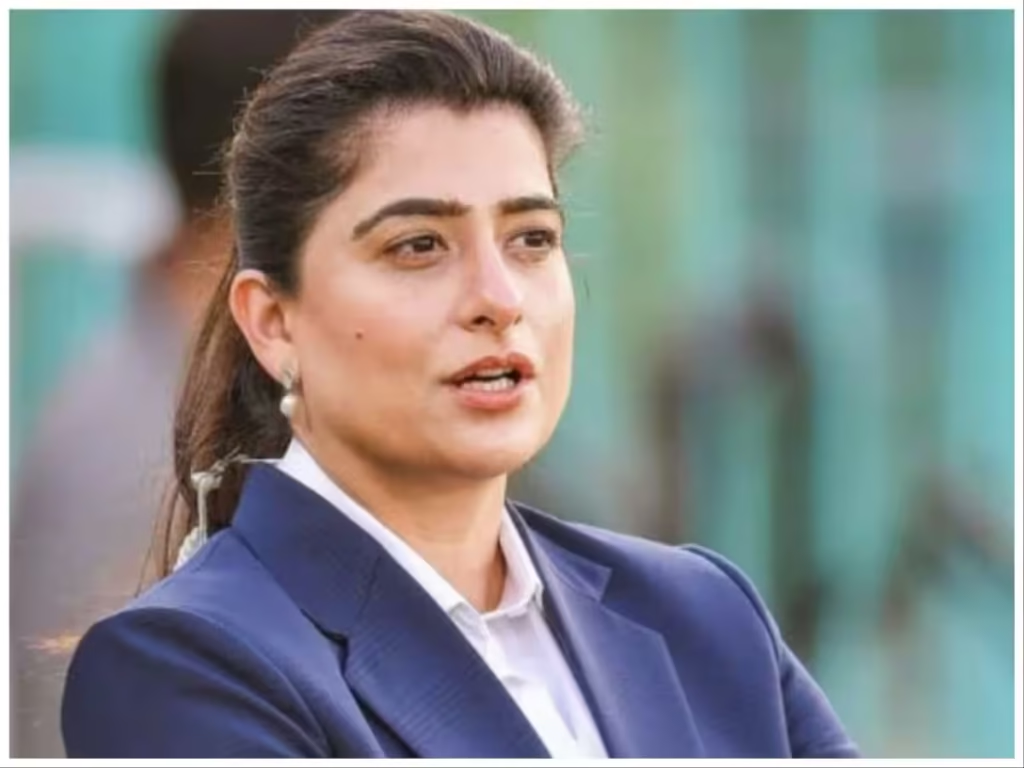
On Friday, Mir finally addressed the uproar, urging restraint and decrying the “unnecessary pressure” on sports personalities.
The Remark That Lit the Fuse
The incident unfolded on Thursday, October 2, at the R. Premadasa International Cricket Stadium in Colombo during Pakistan’s opening group-stage clash against Bangladesh—a match the latter won by seven wickets.
Mir, a respected voice in women’s cricket commentary and a former World No. 1 bowler who captained Pakistan from 2010 to 2011, was part of the official ICC broadcast team.As Pakistani batter Natalia Pervaiz walked out to the crease amid a top-order collapse, Mir introduced her background: “Natalia, who comes from Kashmir—Azad Kashmir—plays a lot of cricket in Lahore. She has to come to Lahore to play most of her cricket there.”
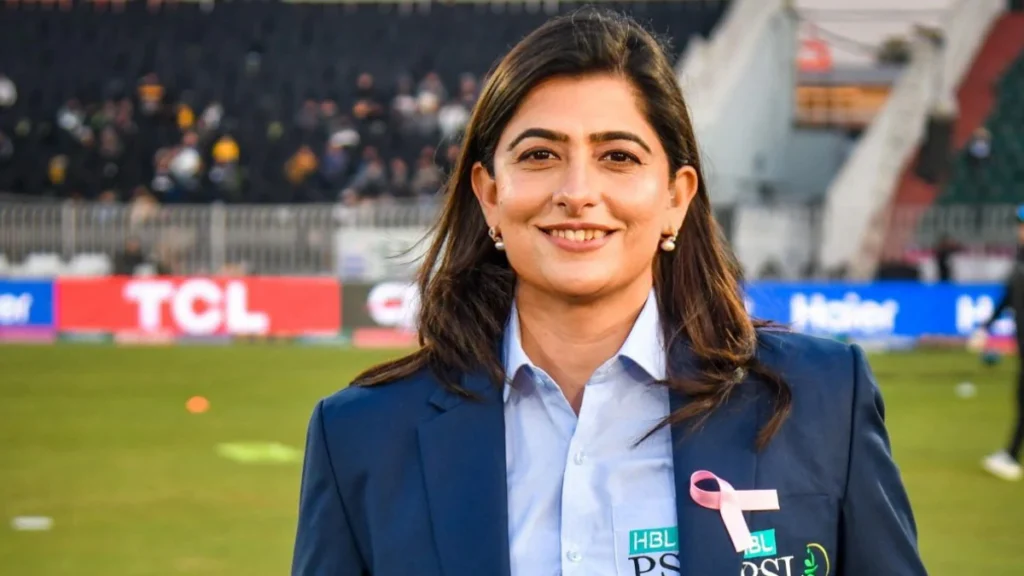
The phrase “Azad Kashmir” (meaning “Free Kashmir” in Urdu) is Pakistan’s official term for the region it administers, which India staunchly refers to as Pakistan-occupied Kashmir (PoK). What amplified the backlash was Mir’s audible correction—from “Kashmir” to “Azad Kashmir”—suggesting deliberation rather than a slip of the tongue.The clip went viral almost instantly, igniting social media platforms. Indian fans, already sensitive to Indo-Pak tensions in cricket, flooded X (formerly Twitter) with demands for action. “What the hell is ‘Azaad Kashmir’? @ICC @BCCI? Using this on a global stage is outrageous,” tweeted use @misskumbhkarni, tagging ICC Chairman Jay Shah and BCCI officials.
Another post from
@FabulasGuy read: “Player from ‘Azad Kashmir’—is this kind of commentary allowed? And then they say keep politics away from sports.” Hashtags like #SanaMir and #WWC25 trended, with over 450,000 views on key threads within hours.The timing couldn’t have been worse. The tournament, co-hosted by India and Sri Lanka, is set to feature a politically charged India-Pakistan showdown on October 5 in Colombo—under a no-handshake policy mirroring recent Asia Cup tensions. Critics argue Mir’s words violated the ICC’s code of conduct, which prohibits bringing politics into the sport. “This is one thing you can’t say on a global stage. Sana Mir has to go for this. There is nothing called Azaad Kashmir,” echoed sentiments across platforms.
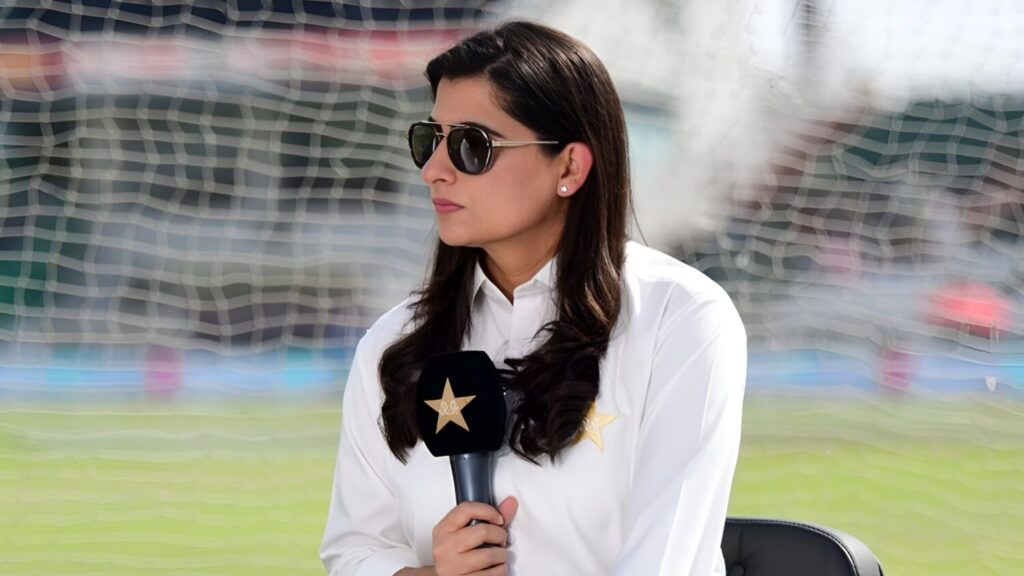
Mir’s Response: A Plea for Context
Less than 24 hours later, on October 2 evening, Mir took to X to break her silence, posting a measured statement accompanied by a screenshot from a cricket database listing her own birthplace as “Azad Kashmir.” In a thread that garnered over 2,600 likes and 450,000 views,
she wrote:
“It’s unfortunate how things are being blown out of proportion and people in sports are being subjected to unnecessary pressure. It is sad that this requires an explanation at public level.
My comment about a Pakistan player’s hometown was only meant to highlight the challenges she faced of coming from a certain region in Pakistan and her incredible journey. It is part of the story telling we do as commentators as where the players come from. I did that today for two other players coming from other regions, too. Please don’t politicise it. As a commentator on the World Feed, we are meant to focus on the sport, teams, and players, highlighting inspiring stories of grit and perseverance. There is no malice in my heart or any intention to hurt sentiments.
I am also attaching the screen shot of where I research most of my players from, whether from Pakistan or any other country. I realise that they have changed it by now, but this is what I was referring to.”
She stressed her neutrality as a global commentator, pointing out similar references to players from other Pakistani regions during the broadcast.
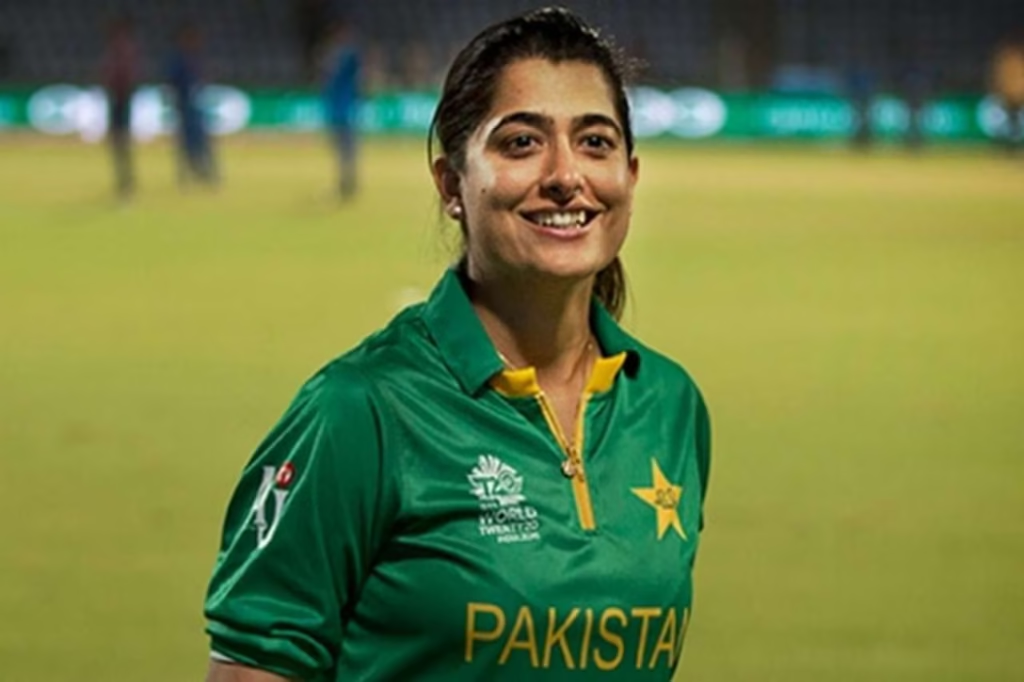
Broader Backlash and Calls for Accountability
The response hasn’t quelled the storm. Indian media outlets like Hindustan Times, Times of India, and NDTV Sports labeled it a “massive row,” with op-eds in OpIndia accusing Pakistan of using cricket as “propaganda theatre.” Sports journalist Vikrant Gupta, on Sports Tak, questioned: “Player from ‘Azad Kashmir’—is this kind of commentary allowed?” Users like @sumitgupta_in criticized the BCCI for complacency, urging a formal complaint to the ICC.On the Pakistani side, reactions have been more muted, with some like broadcaster Ahmad Haseeb noting the criticism but defending the term as standard in Pakistan. Globally, the episode underscores cricket’s role as a flashpoint for Indo-Pak rivalry, echoing past incidents like gestures during the Asia Cup or Rizwan’s pro-Palestine tweet in 2023.As of Friday morning, neither the ICC nor BCCI has issued an official statement.
However, with India’s hosting stake and the upcoming bilateral match, pressure is mounting for swift intervention. Will Mir face sanctions, or will her clarification suffice? The answer could set precedents for commentary in politically charged tournaments.
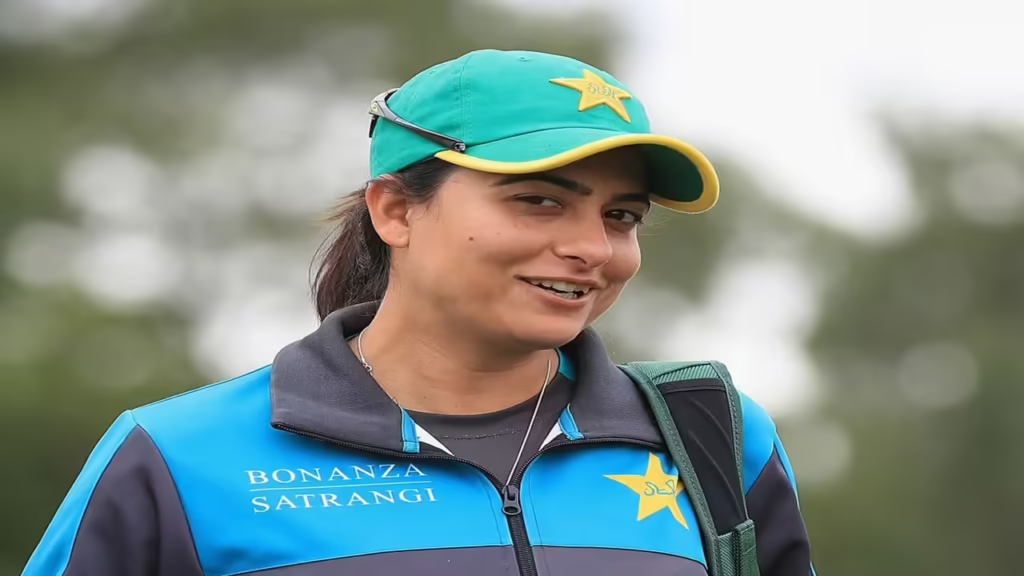
Who Is Sana Mir?
Sana Mir, 39, is a trailblazer in women’s cricket. Debuting for Pakistan in 2002, she played 120 ODIs, claiming 151 wickets and captaining the side in 72 matches. Known for her left-arm spin and leadership, she retired in 2019 but remains influential as a commentator and advocate for gender equity in the sport. Her post-retirement work has focused on inspiring young players, particularly from underrepresented regions—a theme central to her disputed remark.
This isn’t Mir’s first brush with scrutiny; her outspokenness on issues like player welfare has occasionally ruffled feathers. Yet, her legacy as a pioneer often shields her from prolonged backlash—until now.
The Bigger Picture: Politics Creeping into Play
This controversy arrives amid heightened Indo-Pak strains, with cricket serving as both a unifier and divider. The Women’s World Cup, meant to spotlight emerging talents like Pervaiz (who scored a gritty 22 in Pakistan’s 129 all-out), has instead spotlighted sovereignty disputes. As one X user quipped: “Sports is political”—a sentiment Mir herself might rue.As the tournament progresses, all eyes are on the ICC.
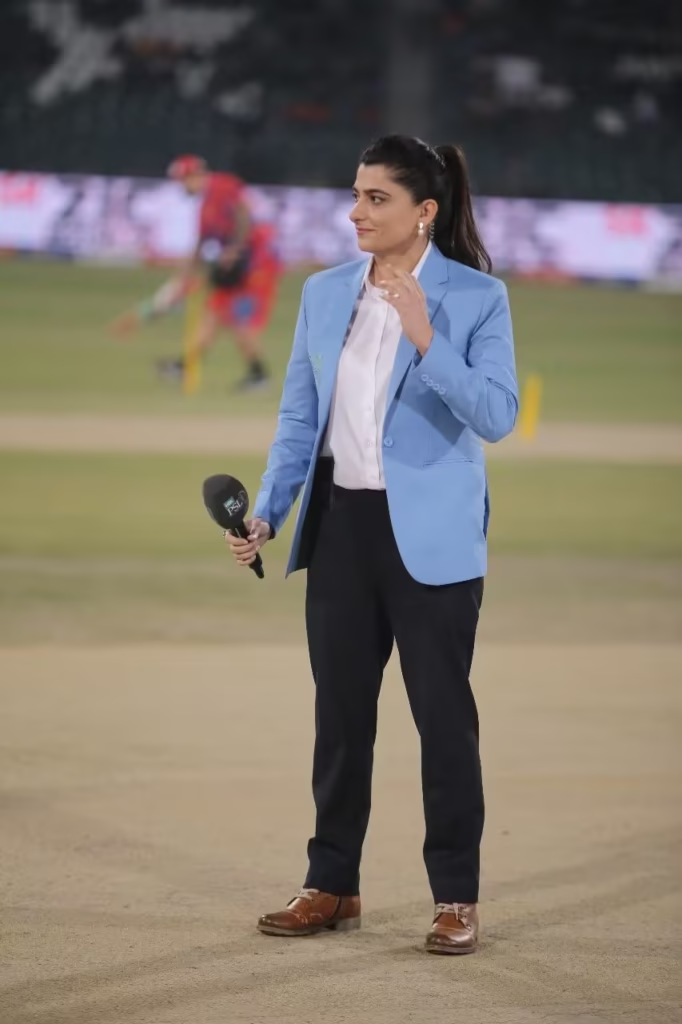
For Mir, the hope is that her words, intended to celebrate perseverance, don’t derail a career built on it. In cricket’s grand tapestry, where overs turn on a dime, this row could yet be just another twist.
Technocrat is a digital publication exploring the intersections of technology, policy, and global affairs. Follow us for more on how current events shape tomorrow.
Personal Life: Love, Family, and Legacy
Sana Mir’s personal life has long been a study in quiet resilience, much like her on-field persona. Born on January 5, 1986, in the picturesque hill station of Abbottabad, Pakistan, she grew up in a military family with roots tracing back to Rawalpindi and strong Kashmiri heritage—her ancestors settled in Abbottabad generations ago. Her father, a dedicated army officer, instilled in her the values of discipline and perseverance, qualities that would define her cricketing career. The family’s frequent relocations across Pakistan exposed young Sana to diverse cultures, but it was in Karachi, where they eventually settled, that she truly blossomed.
There, she pursued her education, completing her intermediate and bachelor’s degrees while briefly enrolling in engineering at the prestigious National University of Sciences & Technology (NUST). Cricket, however, quickly took precedence, pulling her away from academics and into the national spotlight.Mir has often spoken of the unwavering support from her family, crediting them for allowing her to chase an unconventional path in a conservative society. “My family gave me the freedom to dream big,” she reflected in a 2023 interview, emphasizing how her parents encouraged her to play street cricket with neighborhood boys despite societal norms.
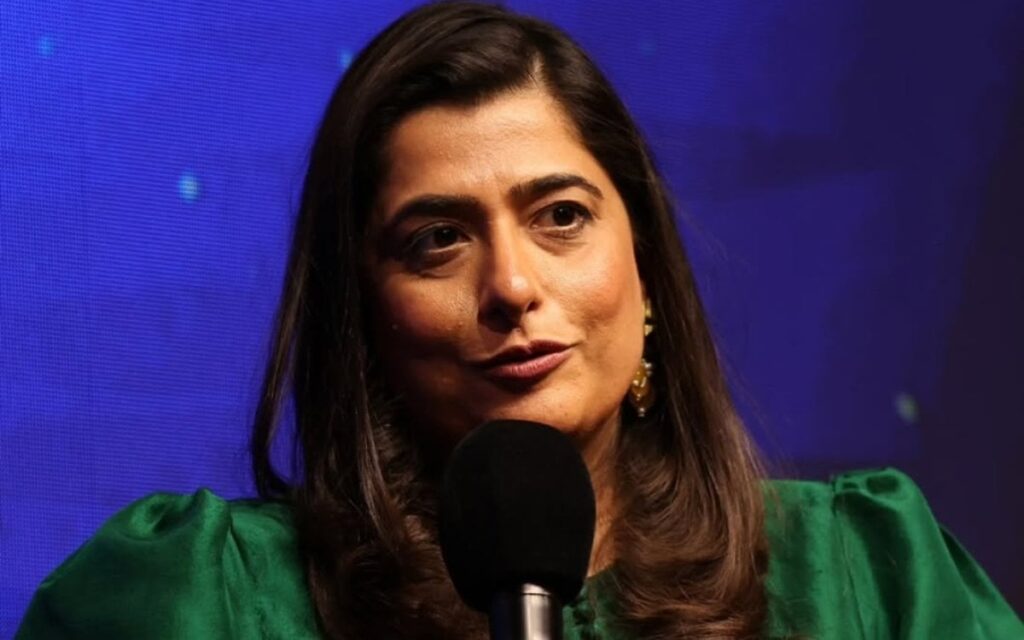
This backing extended to her professional life, where she became a vocal advocate for women’s sports, urging Pakistani parents to embrace their daughters’ ambitions. Yet, Sana has masterfully drawn a veil over her private world, rarely sharing glimpses into her relationships or daily life. Her social media presence, while active with motivational posts and cricket insights, remains a curated space focused on empowerment rather than personal revelations.On the front of love and romance, Mir has maintained an enigmatic silence that has only fueled curiosity among fans. As of 2025, there are no public records or confirmations of a marriage, partner, or children—details that set her apart in the often-glamorous world of international sports. Early in her career, rumors swirled about potential suitors, but Sana dismissed them as “distractions” in a candid 2019 chat, stating, “I’m mature enough to find my own path, and right now, cricket is my priority.”
She has hinted at the challenges of balancing a high-profile career with personal commitments, once noting in a podcast that “love affairs take a backseat when you’re busy redefining a sport.” Observers speculate that her nomadic lifestyle—split between Lahore for training, international tours, and family time in Karachi—has made settling down elusive. In interviews, she prioritizes platonic bonds, like her deep camaraderie with teammates such as Nida Dar and Bismah Maroof, whom she calls “sisters for life.”Post-retirement in 2020 (with a brief comeback in 2022 for the FairBreak Invitational T20), Mir’s life has leaned toward mentorship and advocacy. Inducted into the ICC Hall of Fame in June 2025 as the first Pakistani woman to receive the honor, she has channeled her energy into coaching young talents and promoting gender equity in South Asian cricket.
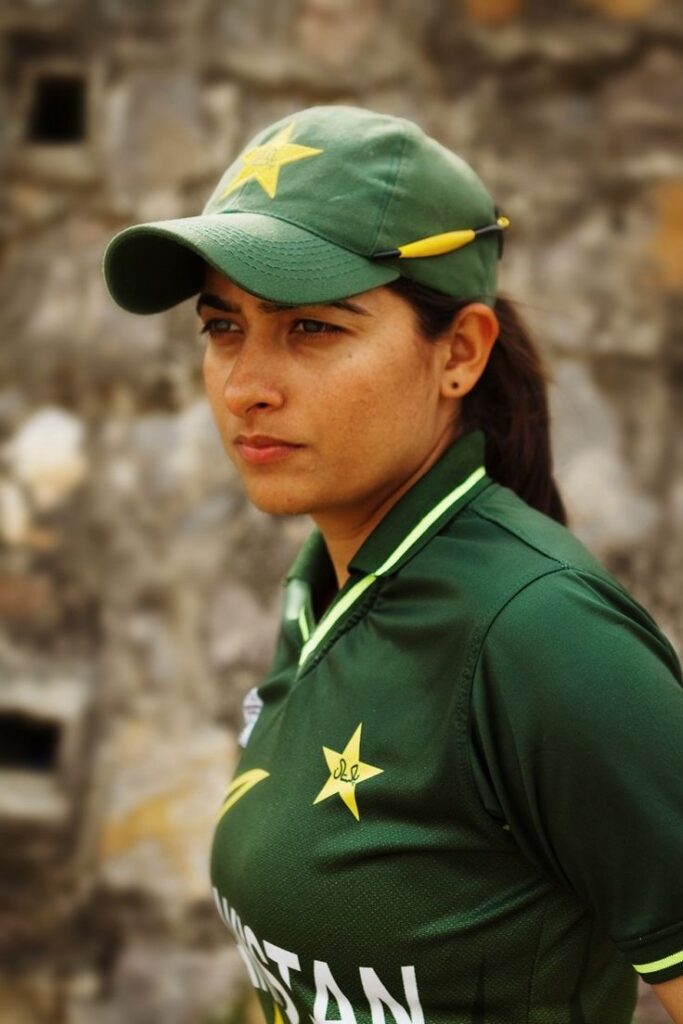
Her net worth, estimated at around $1.5 million, stems from endorsements, commentary gigs, and investments in sports academies—funds she quietly funnels into community programs for underprivileged girls in Abbottabad and beyond.
In an era where athletes’ lives are dissected online, Sana Mir’s choice to keep her heart’s story off the scoreboard speaks volumes.
As she navigates controversies like the recent ‘Azaad Kashmir’ remark, it’s clear her true legacy lies not just in wickets taken or matches won, but in the quiet strength she embodies—for her family, her fans, and the next generation of dreamers.

Comments